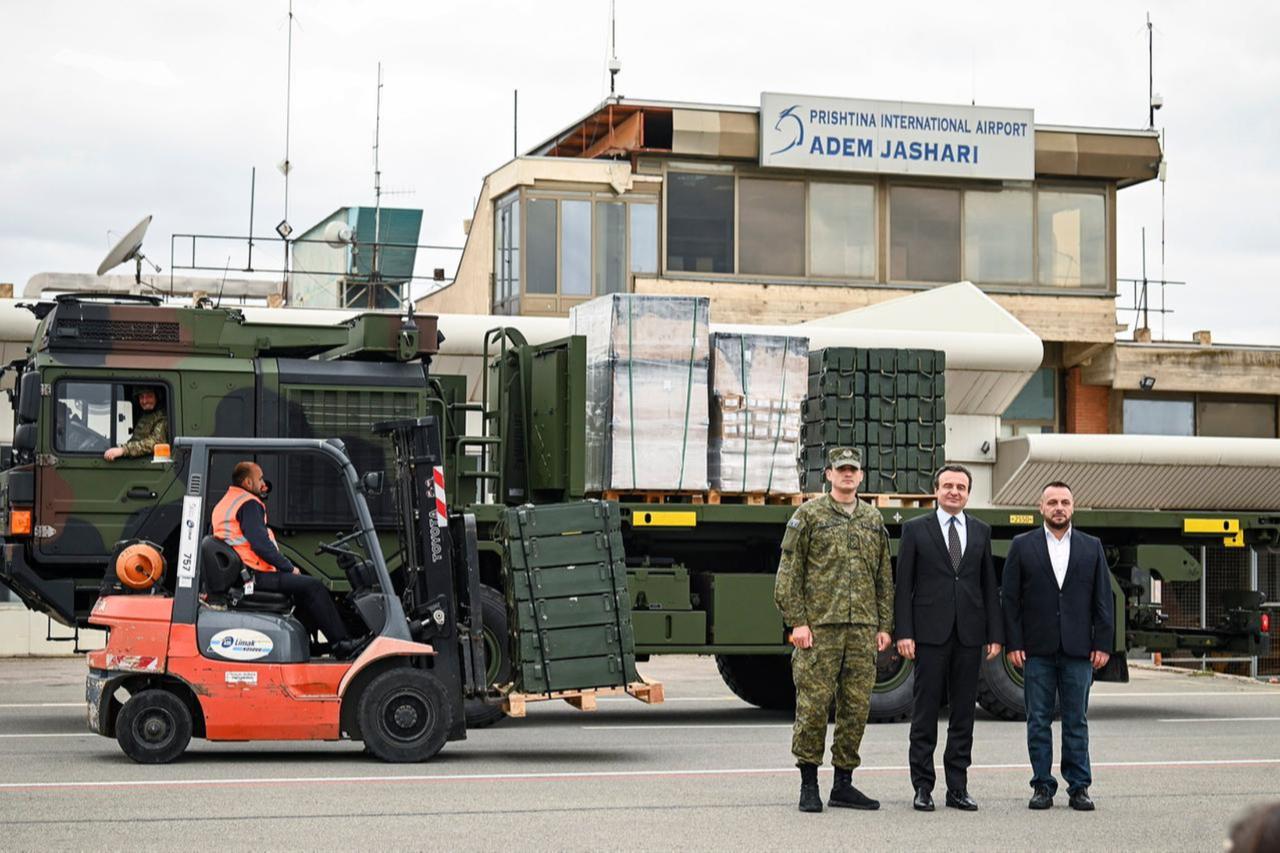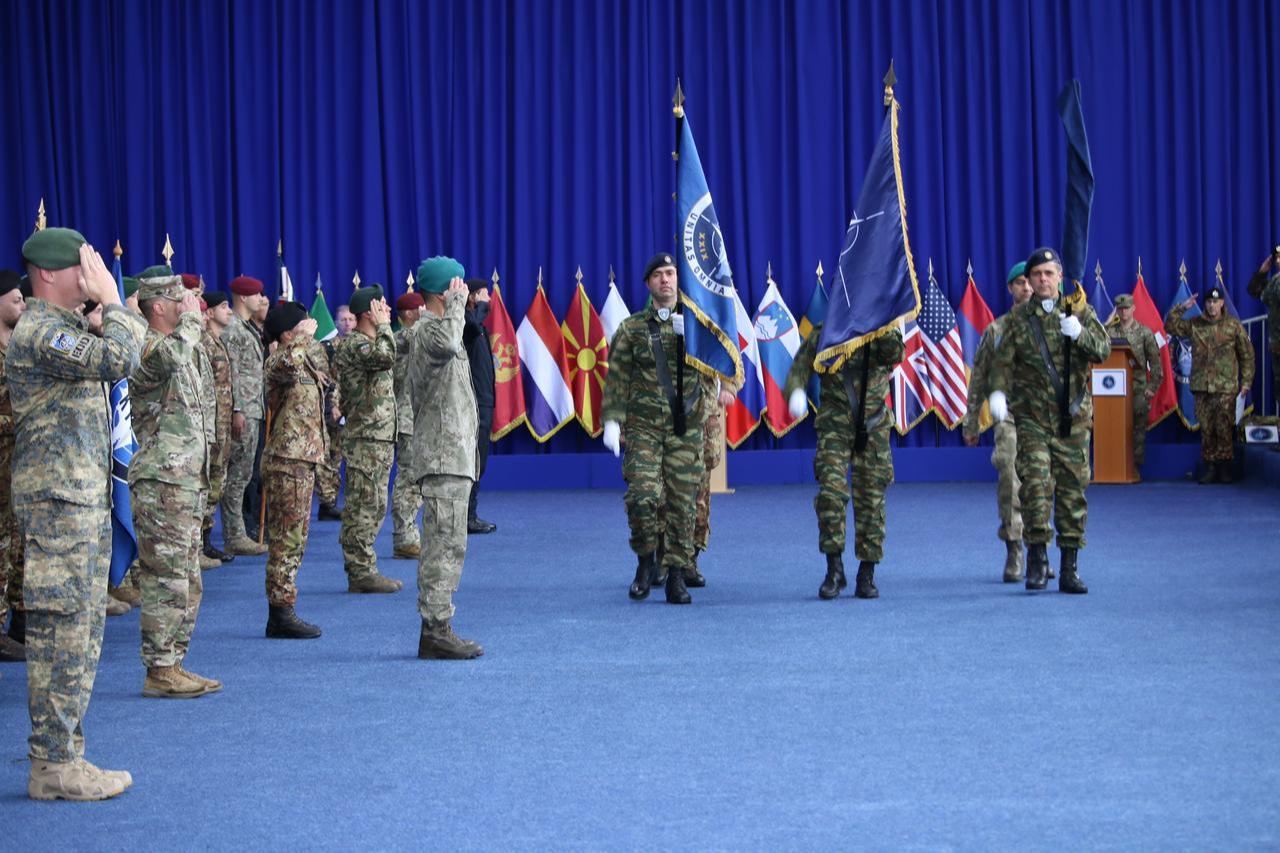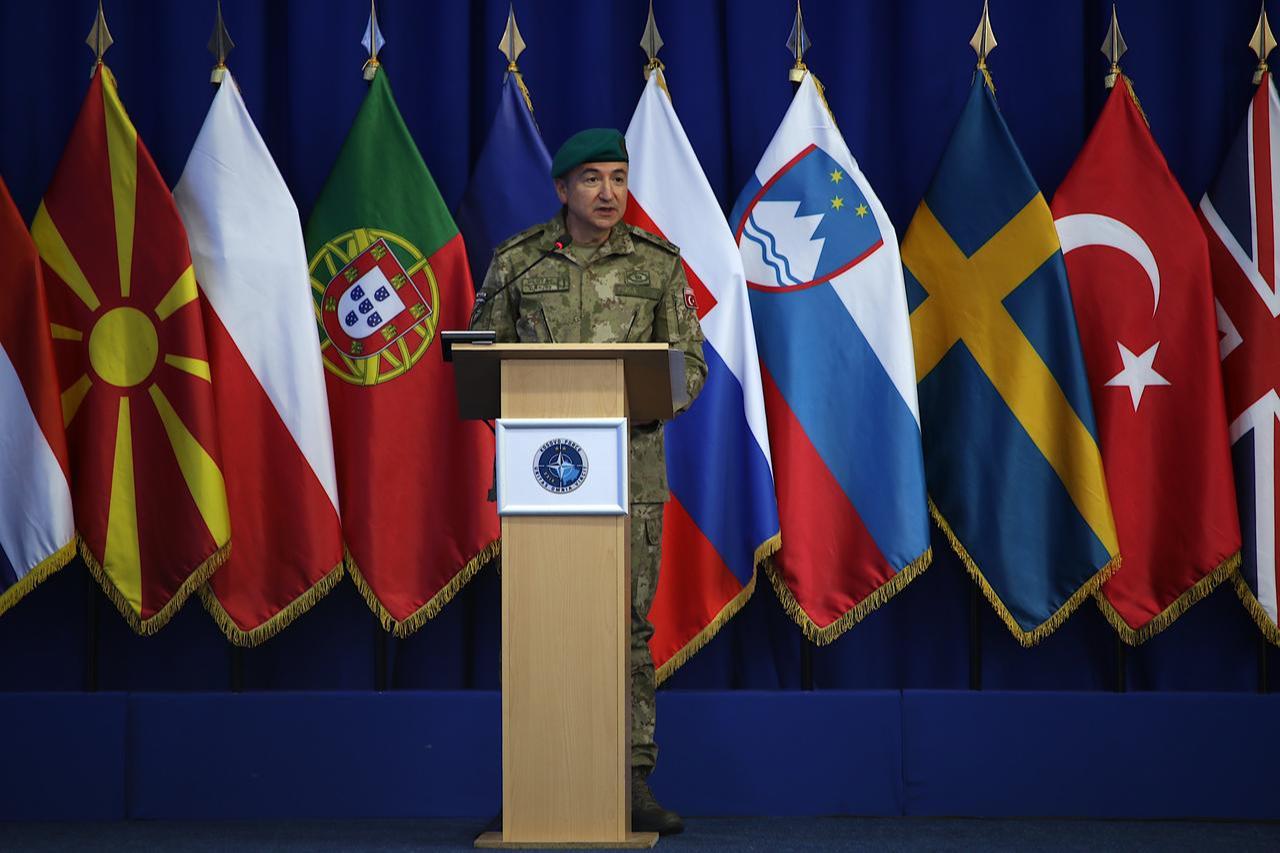
When Türkiye’s state-owned defense company MKE announced it would build a turnkey ammunition plant in Kosovo, capable of producing 20 million cartridges a year by 2026, the news was met in Pristina with quiet pride. It marks the next chapter in a friendship tested not by tension but by time—a partnership moving from delivery to design, from procurement to production.
For Kosovo, the plant is more than infrastructure. It is a statement of maturity: security is not the privilege of the powerful but the discipline of the responsible. Nations grow when they build not only their own defense but also their own systems of accountability.
This story began before the factory. Over the past two years, Kosovo has modernized its defense forces—acquiring Bayraktar TB2 combat drones in 2023 and Skydagger loitering munitions in 2025. Each purchase was transparent, lawful, and coordinated with NATO. Together, they reflect one aspiration: replacing dependence with capability.
In this evolution, Türkiye has been more than a supplier. Its cooperation rests on reciprocity—training, technology transfer, and professional solidarity that enable Kosovo to safeguard peace by preparing responsibly for it.
What distinguishes Türkiye’s defense diplomacy is its moral geometry. It does not export dependency. In Jordan, Mongolia, and now Kosovo, Ankara’s firms deliver complete facilities—machinery, testing equipment, and training—leaving behind capable partners rather than clients. It is a model built on confidence, not control.
For Türkiye, this is more than commerce. It reflects a strategic philosophy: stability is achieved when nations stand together. Kosovo understands that truth instinctively—sovereignty is preserved through self-reliance, and friendship through respect.

Beneath the headlines lies a deeper story of shared memory and mutual regard. For generations, families from Kosovo have made homes in Istanbul, Bursa, Izmir, and Ankara; Turkish families have roots in Prizren, Gjakova, and Peja. The flow of people and language created a trust no treaty could legislate.
Kosovo Albanians found refuge in Türkiye during persecution and later made it a second home. Turkish communities in Kosovo have remained a vital part of the country's civic fabric. This exchange fostered what might be called a familiarity of the heart.
When Türkiye recognized Kosovo’s independence in 2008 and backed its international integration, it was not a gesture of expediency but of kinship. The MKE project continues that tradition: cooperation grounded in human closeness.
Before discussing recent interpretations, it’s important to note that Türkiye Today made a valuable contribution to this debate. Its recent article on the “golden age” of Türkiye–Kosovo relations offered a welcome challenge to think differently—a reminder that strategic partnerships can be viewed from multiple, equally legitimate angles. This essay continues in that same spirit of open dialogue, focusing not on differences but on how the perspectives complement each other.
To suggest that Ankara’s partnership with Pristina somehow challenges its parallel ties with Belgrade assumes that Serbia’s sensitivities define the region’s legitimate security boundaries. They do not.
The Balkans cannot be governed by a psychology of veto. The idea that Kosovo’s maturity threatens Serbia belongs to an era when power meant dominance, not balance. In today’s Europe, sovereignty is recognized through principles, not permission.

For decades, Belgrade wielded what might be called a monopoly of fear—projecting anxiety outward and turning it into diplomatic leverage. The moment another state invests in its own defense, that monopoly collapses. What shifts with Kosovo’s cooperation with Türkiye is not the balance of arms but the balance of perception.
Hence, the old labels—“neo-Ottoman influence,” “provocation,” or claims of “balancing acts”—ring hollow. They recycle the past instead of reading the present. Kosovo’s partnership with Türkiye does not redraw maps; it redraws psychology. Fear no longer moves in just one direction.
Ankara’s diplomacy has been consistently inclusive. President Recep Tayyip Erdogan seeks good relations with every Balkan capital, Belgrade included. Serbia itself has shown interest in Turkish defense technology. Friendship among nations is not a zero-sum game.
If cooperation with Kosovo “tests” anything, it is the region’s capacity for maturity—the ability to welcome another’s progress without perceiving threat. Real friendship endures not because it excludes, but because it respects each partner’s sovereignty.
Kosovo’s defense modernization complements, not competes with, NATO’s mission. A country that produces its own ammunition reduces logistical dependence and strengthens collective deterrence. Self-reliance, properly understood, is an act of alliance.
For Pristina, this is normalization, not militarization. A republic that survived occupation cannot outsource its safety forever. The goal is peace secured by readiness—ensuring that patience is never mistaken for weakness.
Across the continent, nations are rediscovering the moral link between defense and democracy. Security is a civic duty: a promise that freedom will not be left undefended. In this sense, Kosovo’s partnership with Türkiye serves both regional stability and Europe’s renewal.
Türkiye shows that responsible power can be generative. By sharing technology and training, it cultivates allies who can stand on their own feet—the essence of a sustainable order.
The ammunition plant will produce more than cartridges; it will produce confidence. It embodies the friendship of two nations choosing to meet as equals—one offering experience, the other trust.
We remember that Türkiye was among the first to recognize Kosovo’s independence and has supported us in every international forum since. Our gratitude is lasting, but gratitude is not dependency. It is the recognition that dignity, once shared, cannot be revoked.
The true measure of friendship between nations lies not in how loudly they praise each other in times of peace, but in how steadfastly they help one another uphold responsibility.
By building together, Kosovo and Türkiye affirm that the future of the Balkans will be written not by sensitivities but by sovereignty.